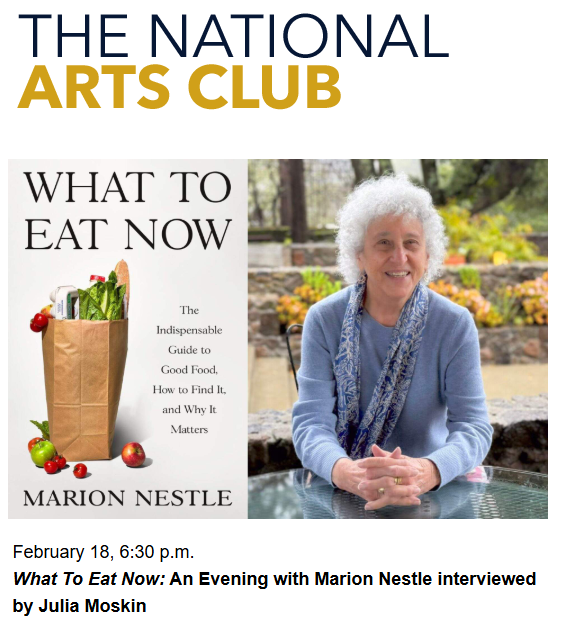No joke: Food industry to write U.K. policy on diet and health
I had a good laugh when Dick Jackson, who chairs the Environmental Health Sciences department at UCLA’s School of Public Health, forwarded this article: “McDonald’s and PepsiCo to help write UK health policy.”
I assumed this was another priceless piece from The Onion, whose recent article on the effects of the U.S. Farm Bill on soybean production is equally hilarious.
But no such luck. The British food writer, Felicity Lawrence, has three investigative reports in the November 12 issue of The Guardian (U.K.). You want to see food politics in action? Watch what is happening in Britain since the conservative government of David Cameron took over (I have commented on this previously).
Lawrence writes that the U.K. Department of Health has invited companies such as McDonald’s, KFC, PepsiCo, Kellogg’s, Unilever, Mars, and Diageo to form “food networks” to write policies to address public health problems such as obesity, alcohol, and diet-related disease. I have highlighted some of the critical issues in red.
The food network to tackle diet and health problems includes processed food manufacturers, fast food companies, and Compass, the catering company famously pilloried by Jamie Oliver for its school menus of turkey twizzlers. The food deal’s sub-group on calories is chaired by PepsiCo, owner of Walkers crisps.
The leading supermarkets are an equally strong presence, while the responsibility [for the] deal’s physical activity group is chaired by the Fitness Industry Association, which is the lobby group for private gyms and personal trainers.
In early meetings, these commercial partners have been invited to draft priorities and identify barriers, such as EU legislation, that they would like removed. They have been assured by Lansley [the health secretary] that he wants to explore voluntary not regulatory approaches…Using the pricing of food or alcohol to change consumption has been ruled out. One group was told that the health department did not want to lead, but rather hear from its members what should be done.
As for what this means:
Jeanette Longfield, head of the food campaign group Sustain, said: “This is the equivalent of putting the tobacco industry in charge of smoke-free spaces. We know this ‘let’s all get round the table approach’ doesn’t work, because we’ve all tried it before, including the last Conservative government. This isn’t ‘big society’, it’s big business.”
Lawrence has two additional articles on the background of this move. “First goal of David Cameron’s ‘nudge unit’ is to encourage healthy living” explains that the focus of these efforts will be on food and alcohol choices:
The idea is that individuals can be persuaded – “nudged” – into making better choices for themselves without force or regulation. The coalition agreement talks about “finding intelligent ways to encourage people to make better choices for themselves.”
Her second background piece, “Who is the government’s health deal with big business really good for?”, explains how this happened.
It must have felt like a new dawn for the food and drinks industries. After more than four years of determined and co-ordinated lobbying, they were about to achieve the corporate PR agency dream: being invited to write the policy themselves. And, if the Conservatives won the election, in Lansley they would have a health secretary who understood them.
He not only subscribed to the libertarian view that public health should be more a matter of personal responsibility than government action; he bought in to the whole pro-business PR view of the world….Lansley had already adopted several of the industry’s favoured approaches to the food, drink and health crises, promising that “government and FSA promotion of traffic light labelling will stop”; that there would be no mandatory extension of advertising restrictions; and that alcohol strategy would focus on the responsible drinking messages and improved labelling the industry preferred to regulation.
Lansley also committed to avoiding a narrow focus on “fear of junk foods” that might demonise individual manufacturers’ products, and to talking instead in terms of diets as a whole, of the balance of energy in and energy out, and of portion size. He had said the government and the Food Standards Agency (FSA) would “highlight the continuing contribution made by business to improving diet by reformulating its products“.
Yeah, right. Even The Onion could not make this up.
Could this happen here? Grass-roots democracy, anyone?


